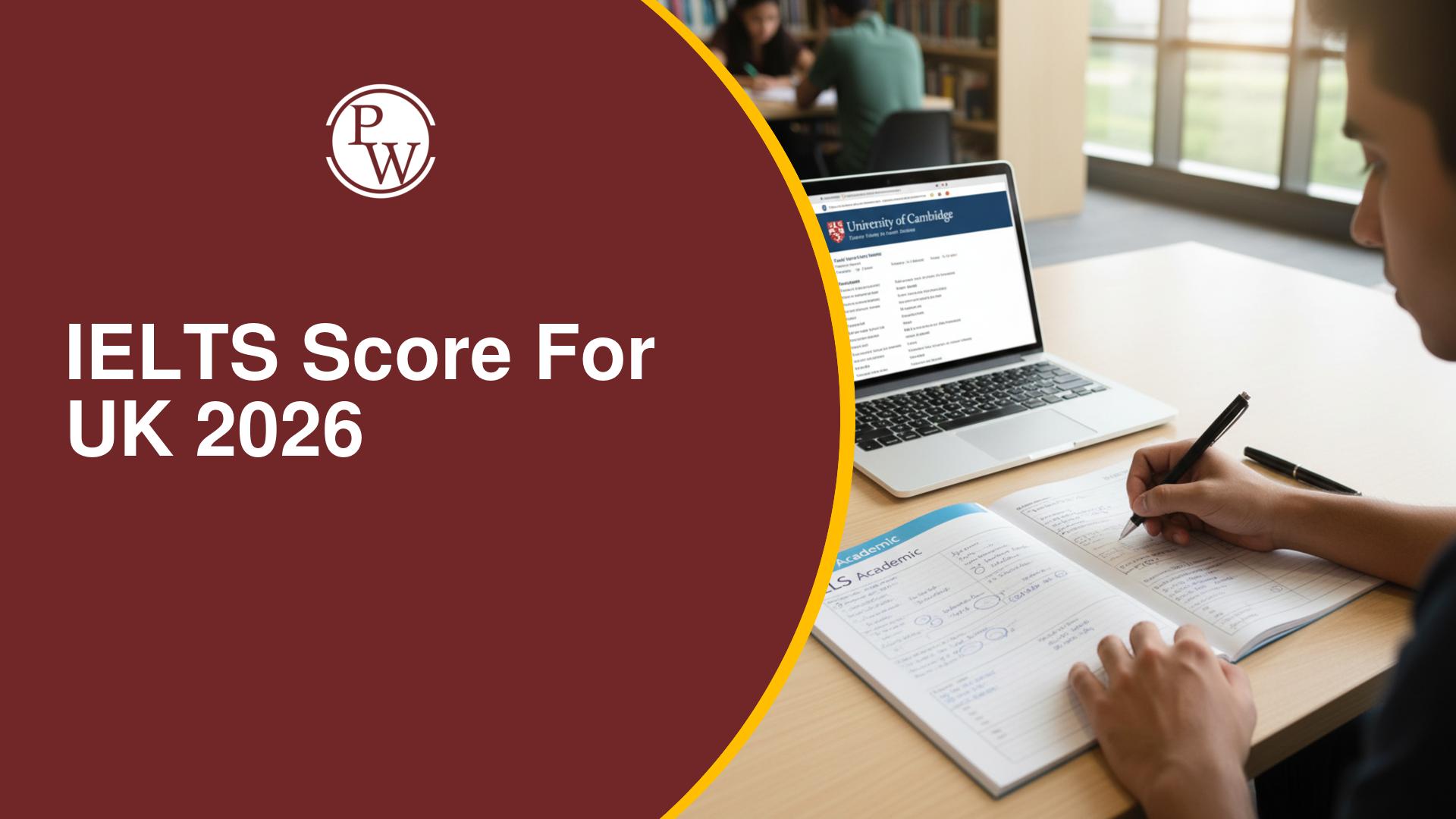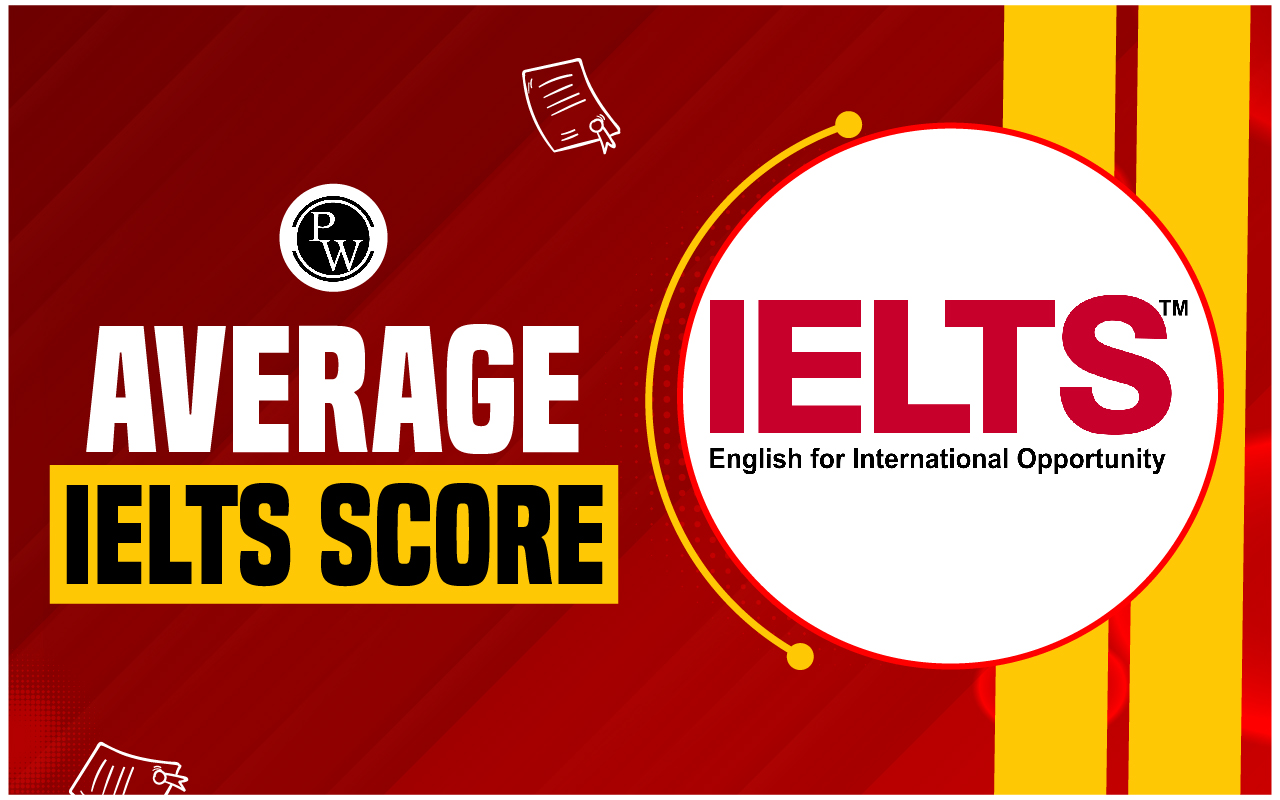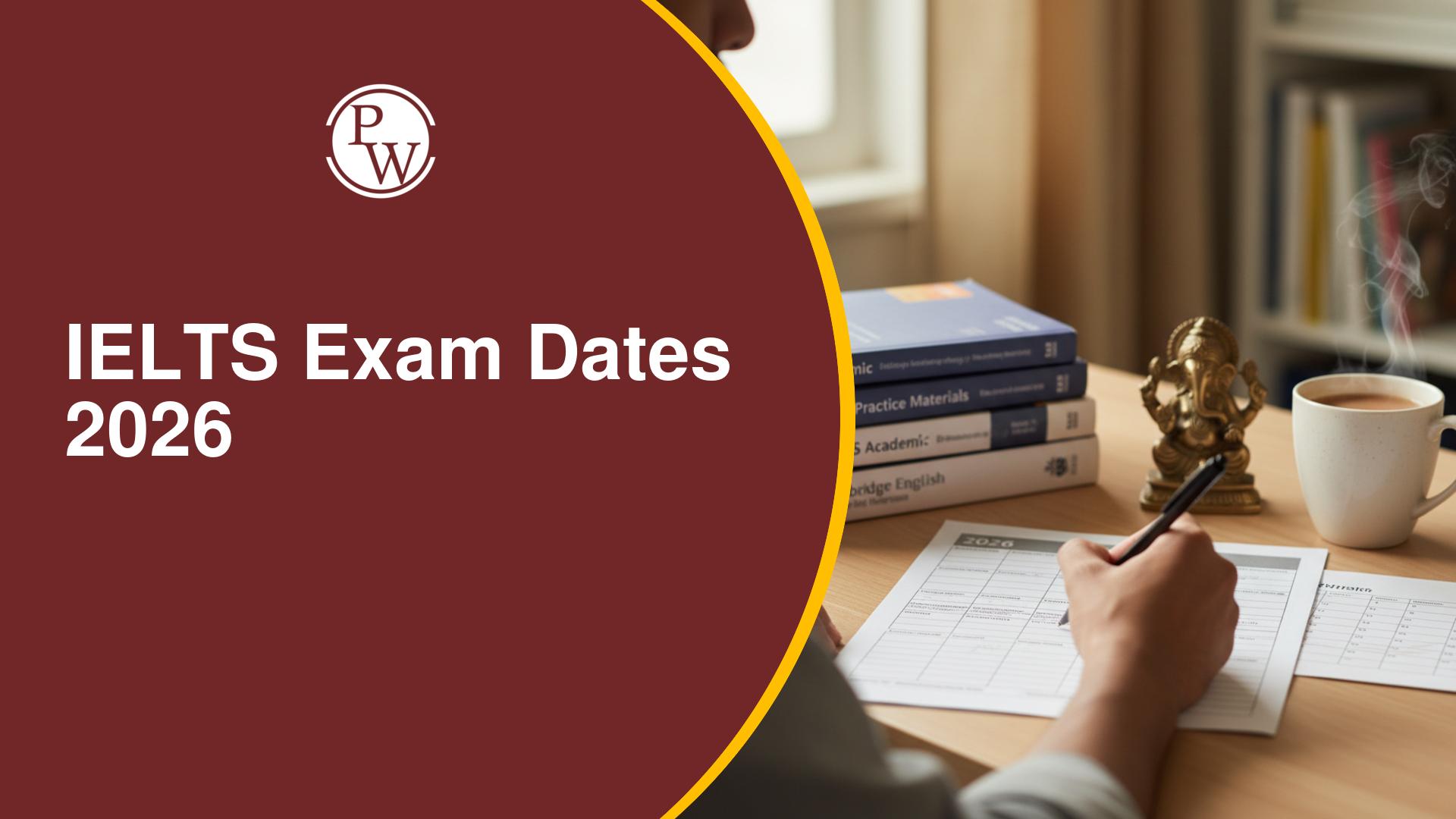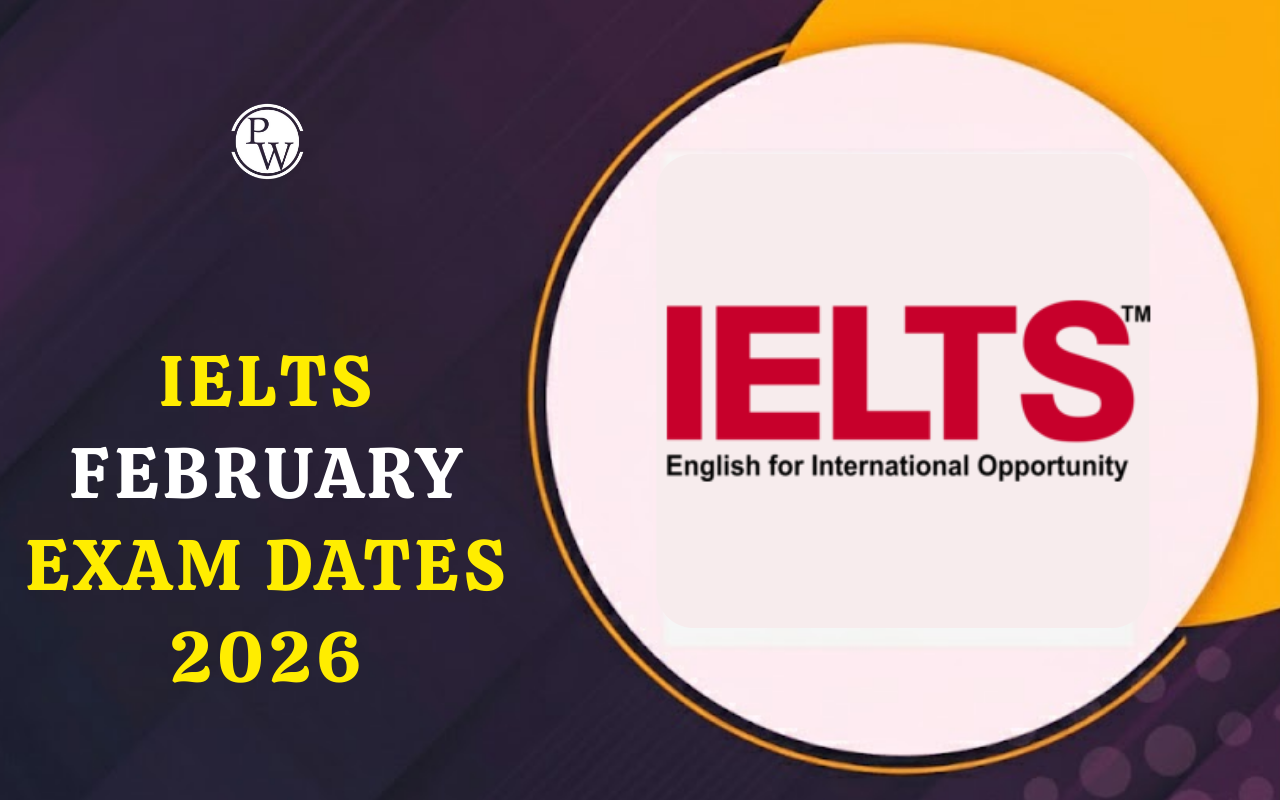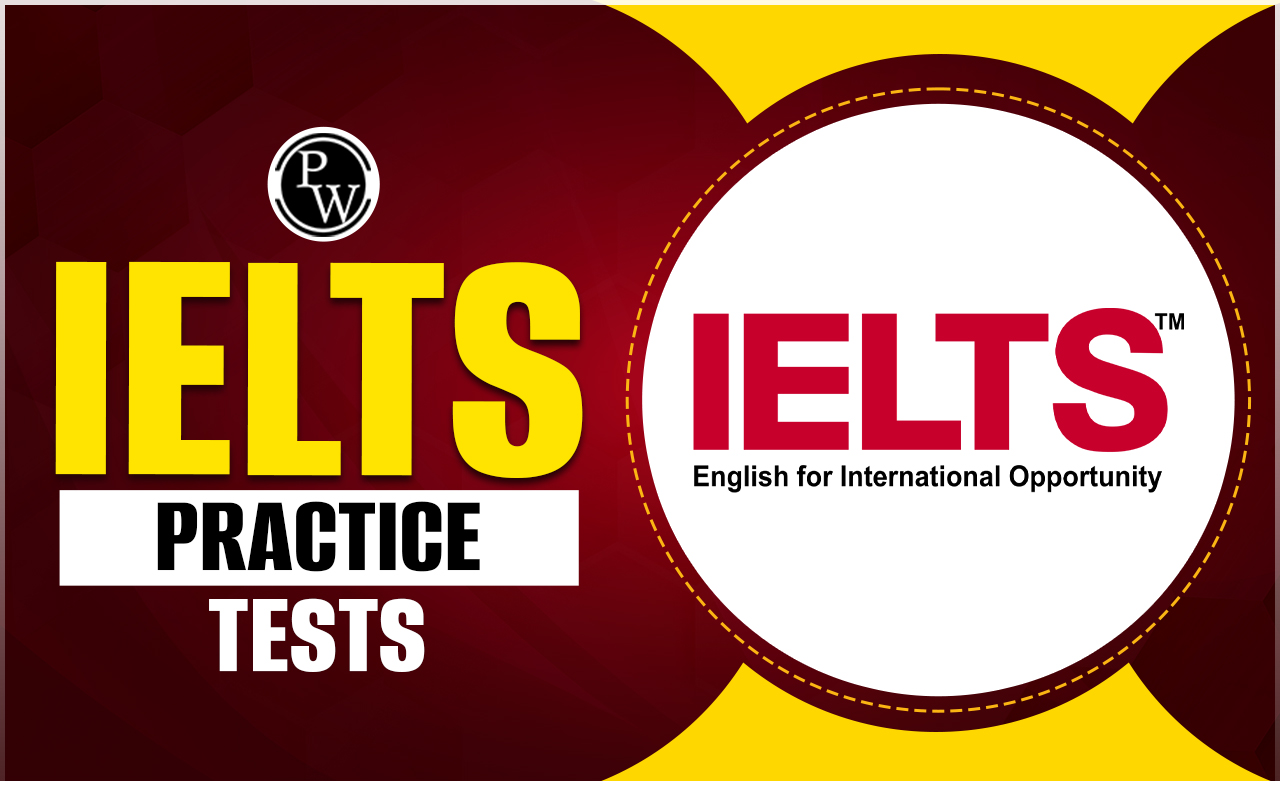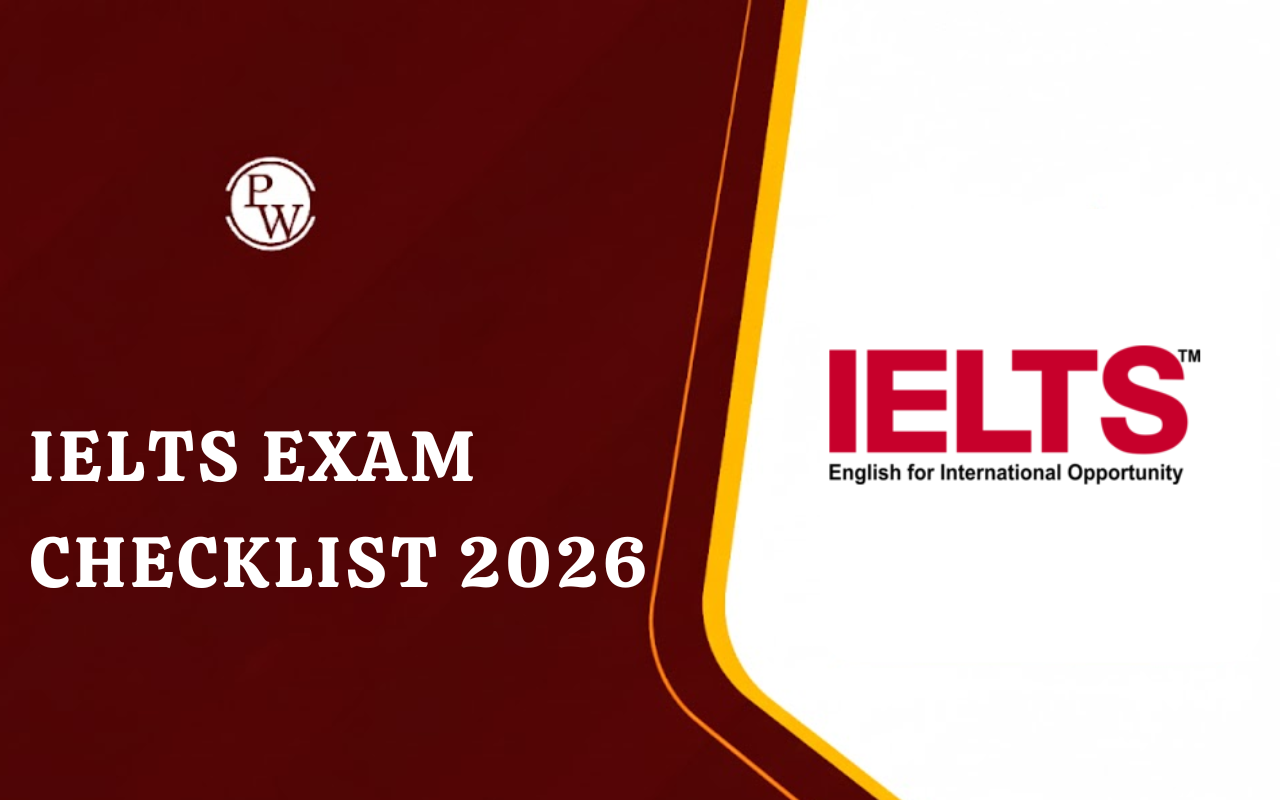
Most Common English Words Used in Daily Life: English words are essential for communication in everyday life. Understanding the most common English words is important for effective interaction in both social and professional situations.
Familiarity with these common English words can improve your fluency and confidence, making conversations flow more easily. This is especially important for non-native speakers preparing for the IELTS exam , as a strong vocabulary can greatly enhance performance, particularly in the Speaking and Writing sections.
This article will provide a list of the most frequently used English words in daily life, along with their meanings. It will also include helpful tips for building and expanding your vocabulary, ensuring you are ready for everyday conversations and exams.
Most Common English Words Used in Daily Life
Most common words are the building blocks of everyday conversations and are essential for social and work situations. Knowing these words well can improve your fluency and confidence, making your conversations easier and more natural.
For those studying for the IELTS exam, having a strong vocabulary is important. IELTS measures how well you can understand and use English in different situations, and knowing common words can help you do better. These words often come up in reading, listening, and writing sections. The more familiar you are with them, the easier it will be to understand questions and express your ideas.
To prepare for exams like IELTS, start by learning everyday words. This will not only help you in daily conversations but also improve your chances of success on the IELTS exam.
English Speaking Countries List
Why Do You Need To Build Your Daily Use Vocabulary?
Building your vocabulary is important for several reasons:
- Improved Communication Skills : A good vocabulary helps you express your thoughts clearly and effectively.
- Boosted Confidence : Knowing the right words for different situations increases your confidence in speaking and writing.
- Better Understanding : It helps you understand others better, making your interactions more meaningful.
- Academic and Professional Success : A strong vocabulary is essential for doing well in exams like IELTS and in the workplace.
List of Daily Used English Words With Meaning
The table below lists the most common English words used in daily life and their meanings. This collection serves as a handy reference for anyone looking to enhance their vocabulary and improve their communication skills in everyday situations.
| List of Most Common English Words Used in Daily Life | ||
| Serial No. | Word | Definition |
| 1 | Ability | The power or skill to do something. |
| 2 | Achieve | To successfully reach a goal, especially with effort. |
| 3 | Advantage | A condition that puts one in a favorable position. |
| 4 | Agree | To have the same opinion about something. |
| 5 | Benefit | An advantage or profit gained from something. |
| 6 | Bright | Emitting or reflecting much light; shining. |
| 7 | Believe | To accept something as true. |
| 8 | Begin | To start or commence something. |
| 9 | Challenge | A task or situation that tests someone's abilities. |
| 10 | Create | To bring something into existence. |
| 11 | Change | To make or become different. |
| 12 | Complete | To finish making or doing something. |
| 13 | Decide | To make a choice or come to a conclusion. |
| 14 | Develop | To grow or cause to grow and become more mature. |
| 15 | Describe | To give an account in words. |
| 16 | Depend | To rely on something or someone. |
| 17 | Efficient | Achieving maximum productivity with minimum wasted effort. |
| 18 | Encourage | To give support, confidence, or hope to someone. |
| 19 | Enjoy | To take delight or pleasure in an activity. |
| 20 | Experience | Practical contact with and observation of facts or events. |
| 21 | Focus | The center of interest or activity. |
| 22 | Future | The time yet to come. |
| 23 | Follow | To move or travel behind. |
| 24 | Finish | To complete the last part of something. |
| 25 | Goal | The object of a person's ambition or effort. |
| 26 | Growth | The process of increasing in size, number, value, or strength. |
| 27 | Gain | To obtain or secure something. |
| 28 | Guide | A person or thing that shows the way to others. |
| 29 | Happy | Feeling or showing pleasure or contentment. |
| 30 | Honest | Free of deceit and untruthfulness; sincere. |
| 31 | Help | To give assistance or support. |
| 32 | Hope | A feeling of expectation and desire for a certain thing to happen. |
| 33 | Improve | To make or become better. |
| 34 | Inspire | To fill someone with the urge or ability to do something. |
| 35 | Include | To comprise or contain as part of a whole. |
| 36 | Increase | To become or make greater in size, amount, or degree. |
| 37 | Journey | An act of traveling from one place to another. |
| 38 | Justice | Just behavior or treatment. |
| 39 | Join | To connect or fasten things together. |
| 40 | Joy | A feeling of great pleasure and happiness. |
| 41 | Knowledge | Facts, information, and skills acquired through experience. |
| 42 | Kindness | The quality of being friendly, generous, and considerate. |
| 43 | Keep | To have or retain possession of something. |
| 44 | Key | Of crucial importance. |
| 45 | Learn | To gain knowledge or skill by studying or experiencing something. |
| 46 | Lead | To guide or conduct in a particular direction. |
| 47 | Listen | To give attention to sound or action. |
| 48 | Love | An intense feeling of deep affection. |
| 49 | Motivation | The reason or reasons one has for acting in a particular way. |
| 50 | Manage | To be in charge of; administer; run. |
| 51 | Move | To change position or place. |
| 52 | Make | To create or produce something. |
| 53 | Necessary | Required to be done, achieved, or present; needed. |
| 54 | Nurture | To care for and encourage the growth or development of. |
| 55 | Need | To require something because it is essential. |
| 56 | Notice | The fact of observing or paying attention to something. |
| 57 | Opportunity | A set of circumstances that makes it possible to do something. |
| 58 | Optimistic | Hopeful and confident about the future. |
| 59 | Offer | To present something for someone to accept or reject. |
| 60 | Observe | To watch carefully how something happens or is done. |
| 61 | Plan | A detailed proposal for doing or achieving something. |
| 62 | Progress | Forward or onward movement towards a destination. |
| 63 | Prepare | To make ready or suitable in advance for a particular purpose. |
| 64 | Produce | To make or manufacture from components or raw materials. |
| 65 | Quality | The standard of something as measured against others. |
| 66 | Question | A sentence worded to elicit information. |
| 67 | Quick | Done with speed; taking or lasting a short time. |
| 68 | Quiet | Making little or no noise. |
| 69 | Respect | Deep admiration for someone or something. |
| 70 | Resource | A stock or supply of materials or assets. |
| 71 | Reach | To extend or stretch out to touch or grasp something. |
| 72 | Reflect | To think deeply or carefully about. |
| 73 | Success | The accomplishment of an aim or purpose. |
| 74 | Support | To bear all or part of the weight of; hold up. |
| 75 | Study | The devotion of time and attention to acquiring knowledge. |
| 76 | Share | To have a portion of something with another or others. |
| 77 | Trust | Firm belief in the reliability or truth of someone or something. |
| 78 | Teach | To impart knowledge or instruct someone. |
| 79 | Try | To make an attempt or effort to do something. |
| 80 | Think | To have a particular belief or idea. |
| 81 | Understand | To grasp the meaning or significance of something. |
| 82 | Use | To take, hold, or deploy as a means of accomplishing a purpose. |
| 83 | Urge | To try earnestly to persuade someone to do something. |
| 84 | Unite | To come or bring together for a common purpose. |
| 85 | Value | The importance, worth, or usefulness of something. |
| 86 | Vision | The ability to think about or plan the future with imagination. |
| 87 | Visit | To go see and spend time with someone socially. |
| 88 | Verify | To make sure something is true or accurate. |
| 89 | Volatile | Likely to change rapidly and unpredicta |
| 90 | Wealth | An abundance of valuable possessions or money. |
| 91 | Work | Activity involving effort done to achieve a purpose. |
| 92 | Wisdom | The quality of having experience and good judgment. |
| 93 | Win | To be successful in a contest or conflict. |
| 94 | Wish | To feel or express a strong desire for something. |
| 95 | Xenial | Friendly and hospitable, especially to strangers |
| 96 | Yield | To produce or provide; to give way to pressure or force |
| 97 | Yearn | To have an intense feeling of longing for something. |
| 98 | Zeal | Great energy or enthusiasm in pursuit of a cause or objective. |
| 99 | Zestful | Full of energy and enthusiasm |
| 100 | Zodiac | A circle of twelve 30° divisions of celestial longitude that is centred upon the ecliptic |
Tips to Build Your Daily Use Vocabulary
Having a good vocabulary is important for clear communication and understanding language better. The following are some easy tips to improve your vocabulary and learn the most common English words used in daily life:
- Read Often: Read different types of materials like books, newspapers, magazines, and online articles. This helps you see new words and learn how to use them in different situations.
- Keep a Vocabulary Notebook: Write down new words you find, along with their meanings and example sentences. Review your notes regularly to help remember them.
- Use Flashcards: Make flashcards with new words and their definitions. Review these cards to test yourself, which can help you remember the words better.
- Practice Using New Words: Try to use new words in your conversations and writing. The more you use them, the easier they will become to remember.
- Learn a Word a Day: Challenge yourself to learn one new word each day. Focus on what it means, how to pronounce it, and how to use it in a sentence.
- Play Word Games: Play games like Scrabble, crossword puzzles, and word searches. These make learning fun and help you learn new words.
- Join Conversations: Talk with others and practice using new vocabulary. Listening to people can also help you discover new words and phrases.
- Watch Movies and Shows: Watch English movies, TV shows, and documentaries with subtitles. This helps you see how new words are used in context.
| IELTS Exam Important Links | ||
|---|---|---|
| IELTS Syllabus | IELTS Band Score | IELTS Exam Dates |
| IELTS Exam Fees | IELTS Exam Pattern | IELTS Score Validity |
How To Use Good Vocabulary in Your IELTS Exam?
Using a rich vocabulary can help you do better in the IELTS exam, especially in Speaking and Writing. Here’s how to use most common english words used in daily life effectively in IELTS exam:
- Understand the Context: Make sure you know how to use words correctly. Using advanced vocabulary the right way shows that you have good language skills.
- Avoid Repeating Words: Use different words (synonyms) to avoid saying the same thing over and over. This shows you have a wide vocabulary.
- Practice Paraphrasing: Work on rephrasing sentences with different words and structures. This shows you can use the language in different ways.
- Learn Common Word Pairs: Familiarize yourself with words that often go together (collocations). Using these correctly makes your speaking and writing sound more natural.
- Use Idioms When Appropriate: Incorporate idiomatic expressions (phrases with a specific meaning) to sound more fluent, but make sure they fit the context.
- Practice Regularly: Keep practicing by speaking and writing. Use practice questions to prepare for the exam.
PW offers online IELTS coaching with a structured plan for both Academic and General Training. Enroll Today!
| IELTS Exam Other Related Links | |
|---|---|
| IELTS Registration | IELTS Eligibility Criteria |
| IELTS Mock Test | IDP IELTS Test Centers |
| IELTS Cut Off | IDP IELTS Slot Booking |
Most Common English Words Used in Daily Life FAQs
What are the 100 most commonly used words in English?
What are the basic English words for daily use?
What are the 20 most common words in English?
What are the 500 most common words?


